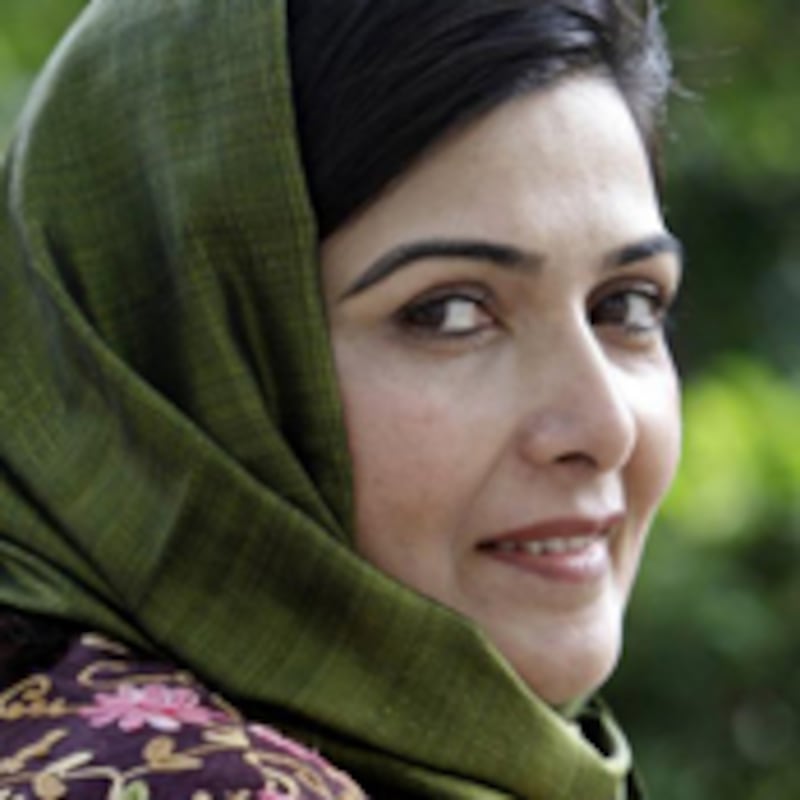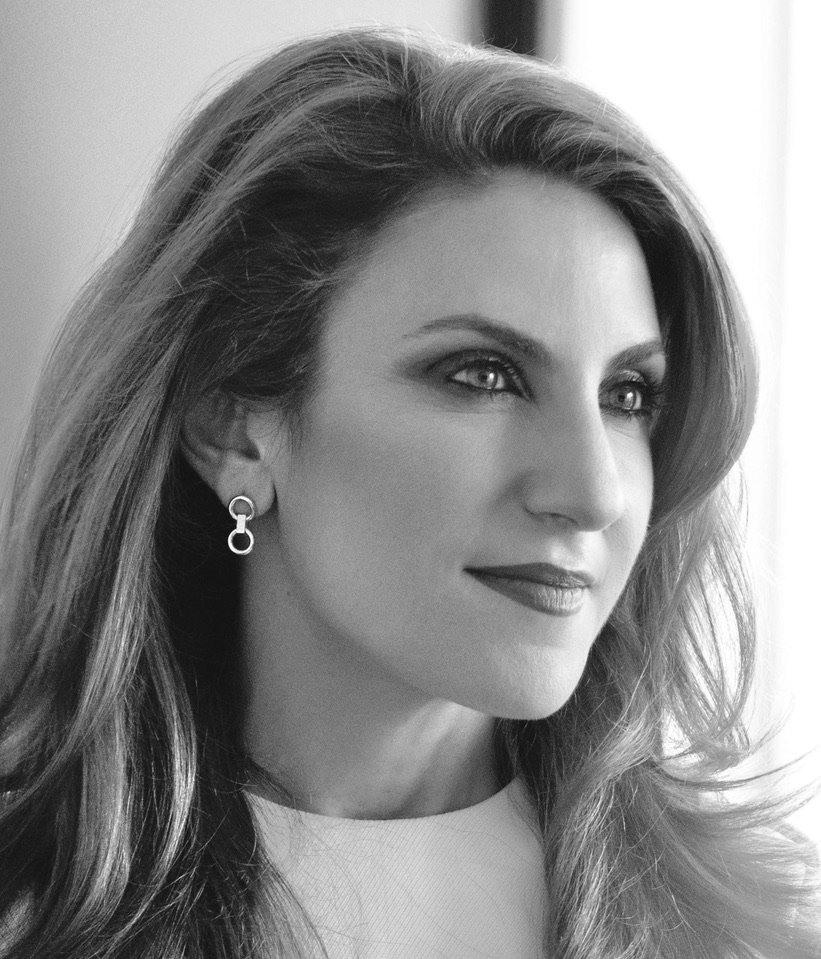
Suraya Pakzad cannot forget one of the first cases to reach her women’s shelter in the western Afghan city of Herat. A 9-year old girl arrived wearing a baggy white gown with sleeves so long they hung down past her thin arms. It was her wedding dress. She had been married six months earlier to an older man who had paid her family for his new bride.
“When I saw her it hurt my heart; I thought, ‘We have a long way to go,’” Pakzad says. “We have to keep fighting to rescue the lives of these little girls.”
Pazkad and her colleagues secured a divorce for the child. And they won a promise from the girl’s parents not to marry her off again until she reached 18. But, Pakzad asks, “How could we repair her broken heart?”
When she was only 12, Pakzad saw her headmaster assassinated in the schoolyard simply because she refused to wear a headscarf.
Girls have been at the center of Pakzad’s work since she founded her Voice of Women Organization (VWO) 12 years ago. Back then the Taliban was in power, and the men from Kandahar had banned women from schools and offices.
Pakzad saw how desperate girls in Kabul were to continue their education. “I felt such a strong connection to the children,” she says. “I had lost hope of receiving any support from the international community. I thought, ‘You are educated and now you have to share that education. Otherwise, the next generation will ask, why didn’t you help us?’”

From its humble start with one small classroom in Pakzad’s home, VWO grew into a network of 10 undergrond girls’ schools across the city, which ran until the Taliban government fell in 2001, and girls could finally be educated out in the open.
Pakzad knows what it feels like to fight for the right to education. She grew up during the years of Mujahedin resistance against the Soviet-backed government; going to school was dangerous and Pakzad would hide her books in a plastic bag, pretending she was going to the market instead of class.
When she was only 12, she saw her headmaster assassinated in the schoolyard simply because she refused to wear a headscarf. Another teacher was shot on the street in Herat.
Fearing for their teenage daughter’s future, Pazkad’s parents arranged for her to marry a man more than a decade her senior. At 15, she gave birth to her first child, a daughter. Pakzad’s father and her husband were both educated men, and neither stopped her from continuing her schooling. But she hid her marriage from classmates and teachers, since school rules prohibited wives from studying alongside unmarried students, regardless of age.
By the time she earned her literature degree at Kabul University, Pakzad had two sons and two daughters. Most mornings she would wake up on the floor with her newborn on her lap and her notebooks spread out in front of her; she had fallen asleep studying after finishing her evening housework.
Today, more than a decade after Pakzad founded VWO in her living room, she has become known both within and outside Afghanistan for her commitment to protecting the rights of her nation’s women.
VWO now offers a range of services, including ensuring that women have access to safe drinking water and proper sanitation in a country of open sewers, and providing girls and women with education and job skills. VWO offers lawyers and vocational training to women in jail, many of whom are behind bars simply because they are victims of rape or domestic violence. After prison some women move to one of VWO’s three shelters, since their families are too ashamed to take them in.
Right now a young woman whose husband tried to behead her is recovering from her injuries in a Ghor hospital. VWO is working to transfer the girl to its shelter in Herat.
“The need is urgent,” says Pakzad. “We need a shelter in each province. These things are happening while the international community is here and committed to helping women in Afghanistan.”
Pakzad says the growing insurgency is complicating VWO’s work, making it impossible to reach the provinces which need their assistance most. And she worries about all the talk of Taliban reconciliation. In its rush to craft an exit strategy, will the world again allow Afghan women to be shut out of their society?
“We are not at the table, even though we are the subject of reconciliation,” says Pakzad of Afghan women’s voicelessness in the negotiation discussions. “We will be informed when it is decided and we won’t be in a position to stop it; that is why we are struggling, on behalf of half the population.”
And that struggle, says Pakzad, will go on no matter what. “I am fighting so that the next generation will not suffer the same as I have,” says Pakzad. “I hope my daughters live in a country where they are respected as human beings and have a chance to play their role in this society without any discrimination.”
As she wrote in a recent poem to her youngest daughter:
We shall prepare the path for you and your children. We shall fight now so that you shall survive. We shall die now so that you shall live.
Gayle Tzemach Lemmon covered presidential politics as a producer at ABC News in Washington. Since 2005, she has been reporting on women entrepreneurs starting small and medium-sized businesses in post-conflict economies such as Afghanistan, Bosnia and Rwanda. She is currently working on a book scheduled for 2010 publication by HarperCollins about a young Afghan entrepreneur whose business supported her family and community during the Taliban years.





